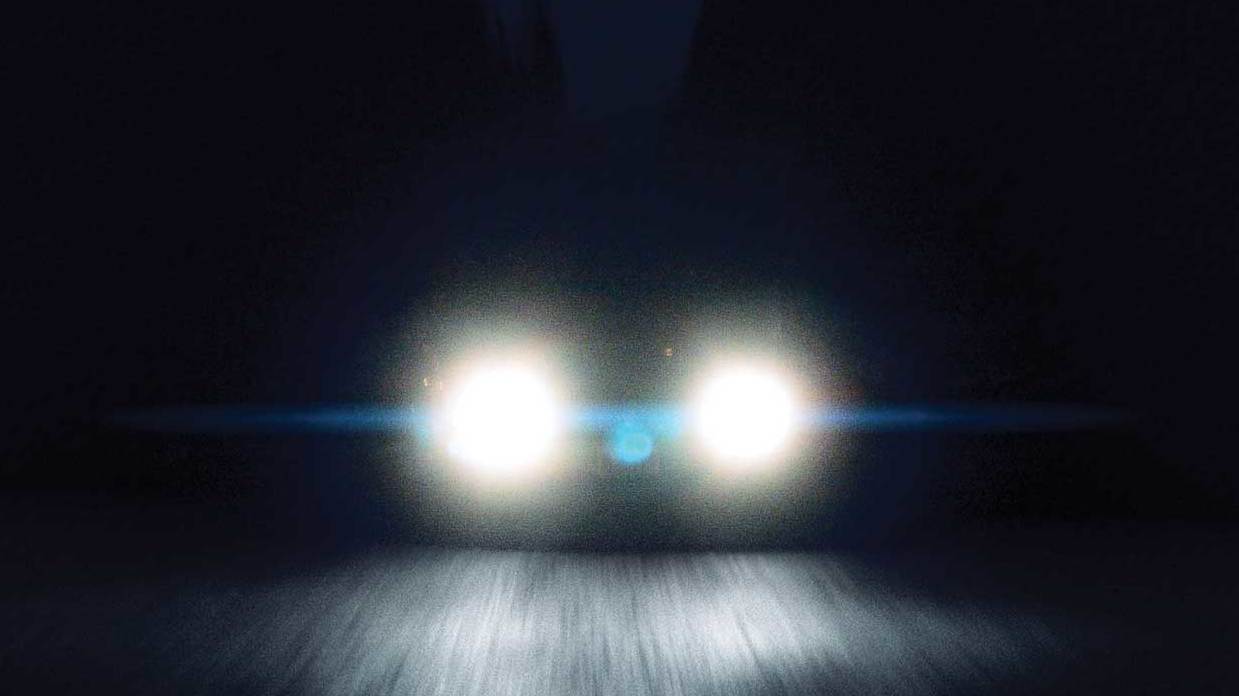There is a moment on Back To The Start, the epic 11-minute closing track on The Optimist, all grandiose vocals and sweeping, Hey Jude-like strings so stridently catchy you feel like they could go on forever, that Anathema really drop the bomb. Instead of carrying on in gloriously uplifting style, about halfway through the sound devolves into a disturbing miasma of noises, voices and what seems like backwards masking, followed by several minutes of silence before you’re left with the sound of a jaunty John Douglas home demo recording, his daughter and pet budgie echoing in the background before a climactic ‘Tara’ brings things to a sudden halt. And suddenly you wonder if the little buggers haven’t played you from the start.
On the face of it, The Optimist is a continuation of the band’s 2001 album A Fine Day To Exit, the tale of a man looking for a way out, the album cover featuring a car, on a beach, clothes strewn, Reggie Perrin-style. That album came to no definite conclusion, so the natural assumption, given 32.63n 117.14w that opens this album is the exact coordinates of the beach on the original cover, an atmospheric piece awash with breaking waves and what sounds like a man getting back into a car, is that here we find out what happened to the protagonist; the titular Optimist.
Or do we? As Douglas’ daughter squeals and his budgie chirrups, you’re struck with the possibility that instead of a follow-up, the Liverpudlian sextet have merely played out the original tale in reverse. Anathema, of course, aren’t telling, leaving you to ponder whether indeed it might all even have been a dream, messing with your mind as their music, at times melancholic, at others warm and bright, always nothing less than utterly beautiful, hopelessly sucks you in.
It’s a compelling, haunting and sometimes disturbing listen, not least with the realisation that the lyrics in reality come from a deeply personal and very dark space from within, yet they are constantly enthralling, drawing you back time and again.
Compelling, haunting and sometimes disturbing yet constantly enthralling.
It’s certainly Anathema’s most cohesive album. Each song carries such a strong sense of depth and identity, they clearly represent the very apex of Vincent and Danny Cavanagh and John Douglas’ songwriting to date. Add fellow band mates Lee Douglas, Jamie Cavanagh and Daniel Cardoso into the mix and it’s a surefire winner from the off. And where Distant Satellites appeared as a slightly schizophrenic album of two halves – the band’s natural sweeping melancholic melodic progressive rock giving way to their new-found sense of electronic adventure, on The Optimist they seamlessly meld the two styles, something that goes a long way to establishing the album’s sheer strength.
Talking of characters, The Optimist of course, is nothing of the sort, rather, as previously mentioned, a convenient mask behind which Anathema hide as they give vent to their own trials and tribulations over recent years. And yet instead of detracting from the perceived story at hand, it merely further connects the listener to the music.
And what music it is. Some of the finest the band have ever recorded. Of course there are those wonderfully harmonious and grandiloquent, majestically progressive tunes such as Endless Ways, driven by the most delightful Lee Douglas vocal wondering if this is ‘…the dream I created…’ and the title track, as Vincent’s melancholic vocal will delight those who fell in love with the band over We’re Here Because We’re Here and Weather Systems. Yet elsewhere Anathema are at their poppiest on the Beatles-inflected Leaving It Behind and the uplifting Can’t Let Go, possibly Cavanagh’s shining moment; his emphatic vocal tailor made to make the hearts of every female fan listening in swoon.
Douglas again shines on the enigmatic Springfield, almost unnerving the listener with the sole ‘I don’t belong here/How did I get here’ lyric, and is at her sultry, jazzy best on Close Your Eyes and the Talk Talk-esque lo-fi of Ghosts, while Danny’s beautiful piano playing on San Francisco really tugs at the heart strings as the song forms the ideal centre point to the album, effortlessly blending the strains of prog and electronica that flow throughout the record.
Anathema may have shrouded this album in a cloak of conceptuality, but in boldly wearing their hearts on their sleeves and writing from their own personal experiences, the band have delivered the album of their career thus far. A delightfully conceived, emotional yet uplifting masterpiece.

